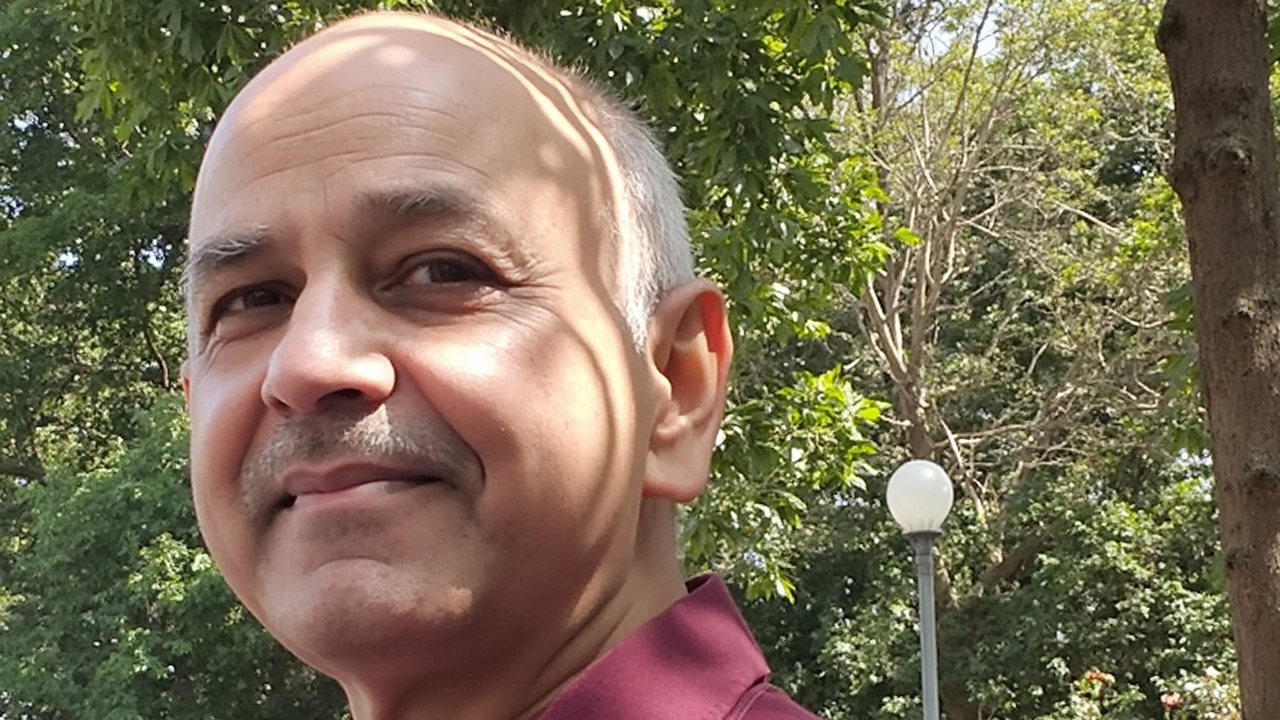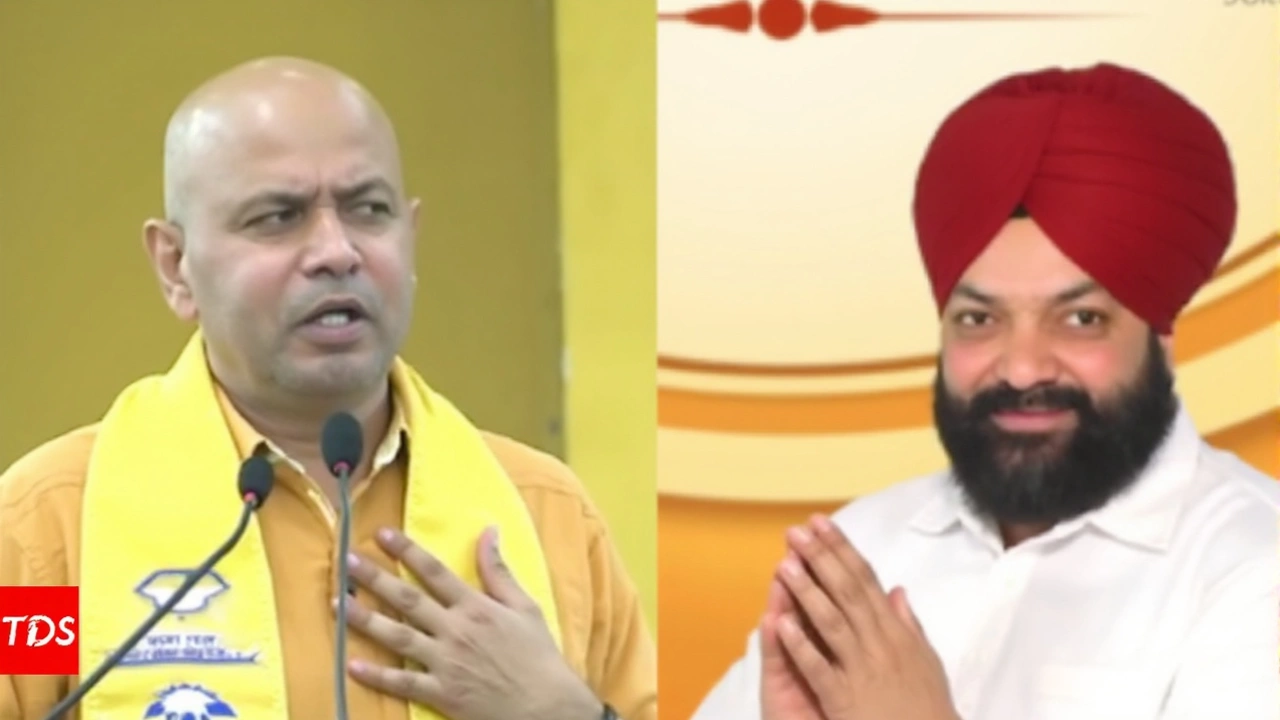In a rather striking electoral showdown, the Jangpura Assembly constituency witnessed a pivotal turn as BJP candidate Tarvinder Singh Marwah clinched victory from Aam Aadmi Party's (AAP) seasoned politician, Manish Sisodia. This closely contested battle saw Marwah edging out a win by a mere 675 votes, reflecting a seismic shift in the region's political fabric.
For Manish Sisodia, a former Deputy Chief Minister and a key figure in the AAP, this defeat came amid a backdrop of legal turbulence. He had been on bail after a protracted 17-month detention linked to the Delhi excise policy case, which inevitably cast a shadow over his campaign. Known for his staunch advocacy of educational reforms and public welfare, Sisodia's efforts were overshadowed by the rising popularity of his BJP rival.
BJP's Strategic Upsurge
The BJP's win in Jangpura marks a significant victory, part of a broader wave of success in the 2025 Delhi Assembly elections. Tarvinder Singh Marwah, once affiliated with the Congress until his transition to the BJP in 2022, adeptly harnessed anti-AAP sentiments. This strategic shift enabled him to gather widespread support, a factor which was undoubtedly amplified by the party's robust campaign machinery.
Marwah's campaign wasn't merely built on anti-incumbency; he capitalized on strategic alliances and leveraged regional issues, making substantial promises to address local grievances. His ability to resonate with the electorate's desire for change proved pivotal, driving the BJP's resurgence in an area previously dominated by the AAP since 2015.

The Changing Political Landscape
The election outcome in Jangpura is emblematic of a resurgence for the BJP in Delhi—a region where they've aspired to reclaim influence for nearly three decades. The party's triumph here is not an isolated incident but part of a larger narrative reflecting Delhi's shifting political climate. Additionally, exit polls had anticipated a BJP lead, aligning accurately with the final results.
For the Congress, the elections offered little solace. Farhad Suri, their candidate in Jangpura, trailed significantly behind, garnering only 6,551 votes. The results underscore the ongoing challenges for the Congress party in reclaiming its past dominance in the capital.
This election has indeed set a new tone in Jangpura, capturing the broader currents of change sweeping through Delhi's political corridors. As the dust settles, all eyes will be on how AAP recalibrates its strategy, and whether the BJP's foothold in Jangpura is the harbinger of more victories to come in the capital.
